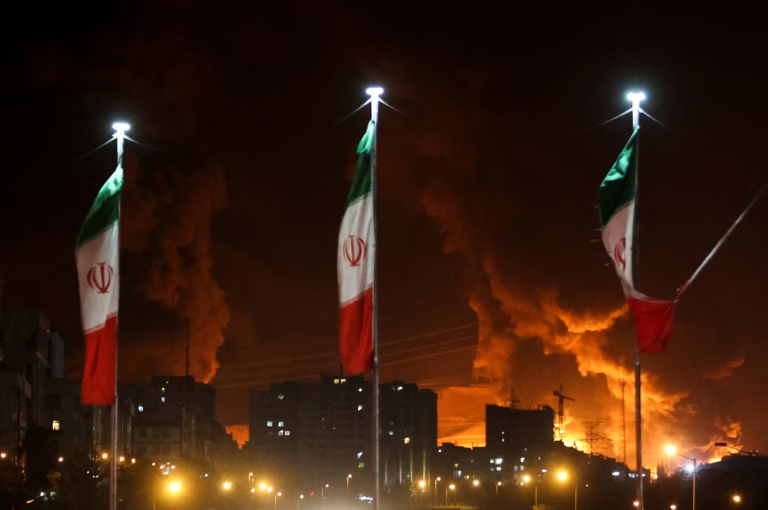As tensions escalate between Israel and Iran, Nigerian economic analysts are sounding the alarm over the potential ripple effects on the nation’s economy. The Centre for the Promotion of Private Enterprise (CPPE) has warned that the unfolding geopolitical crisis could produce a complex mix of economic gains and setbacks for Nigeria, particularly in the energy and monetary sectors.
According to Dr. Muda Yusuf, Chief Executive Officer of CPPE, the volatile Middle East situation may trigger a surge in global oil prices—an outcome with both promising and perilous consequences for Africa’s largest oil-producing nation.
On one hand, the rise in crude prices could significantly boost Nigeria’s revenue. With oil currently contributing nearly half of government income, any price increase would bolster fiscal consolidation efforts and potentially reduce the budget deficit. “An improvement in crude oil prices would have a substantial positive impact on government revenue,” the CPPE stated.
However, the challenges are equally pronounced. Elevated oil prices are likely to intensify inflationary pressures at home, driving up energy costs and squeezing the profit margins of Nigerian businesses. Non-oil sector investors, in particular, are expected to bear the brunt of these economic shocks.
Furthermore, the CPPE cautioned that firms with deep business ties or supply chain dependencies in the Middle East could face operational disruptions. As tensions mount, the likelihood of a more restrictive monetary policy becomes greater, with interest rates expected to rise as authorities attempt to contain inflation. Such moves could limit credit availability and raise borrowing costs for local businesses.
The ripple effects may also influence foreign investment flows, especially if higher global interest rates make other markets more attractive. Nigeria’s foreign reserves could come under pressure as a result, posing a threat to exchange rate stability.
Recent reports indicate that the surge in oil prices is already being felt. Following Israeli airstrikes on key Iranian facilities—strikes which Prime Minister Benjamin Netanyahu claimed targeted nuclear and missile infrastructure—the global oil market has responded with notable price hikes. In retaliation, Iran launched over a hundred drones, escalating fears of prolonged conflict.
In response to the crisis, the Nigerian government has called for a swift cessation of hostilities, urging both nations to prioritize peace in the interest of global stability.
As the situation unfolds, Nigeria finds itself in a delicate balance—poised to benefit from oil windfalls while bracing for the economic shocks that could follow. The coming weeks will be critical in determining whether the gains can outweigh the potential costs.

